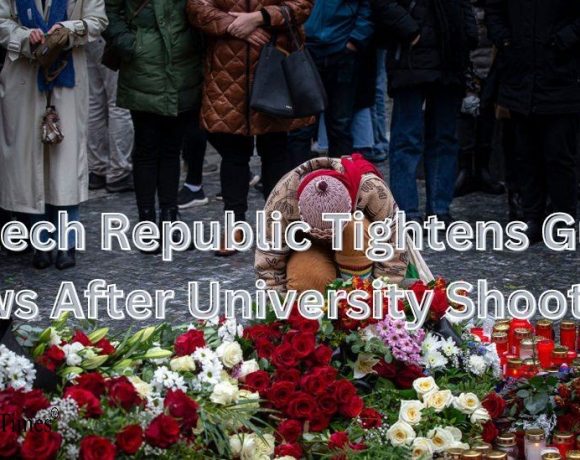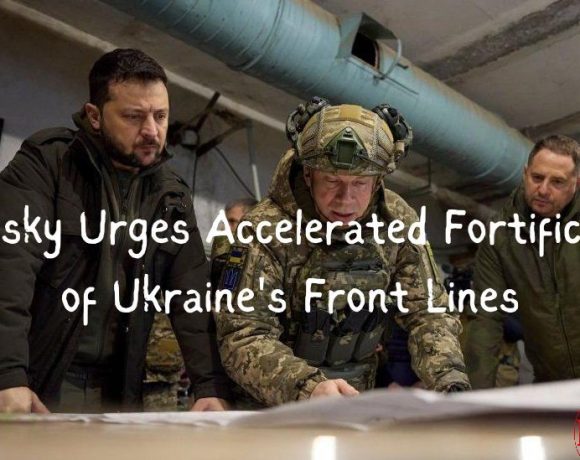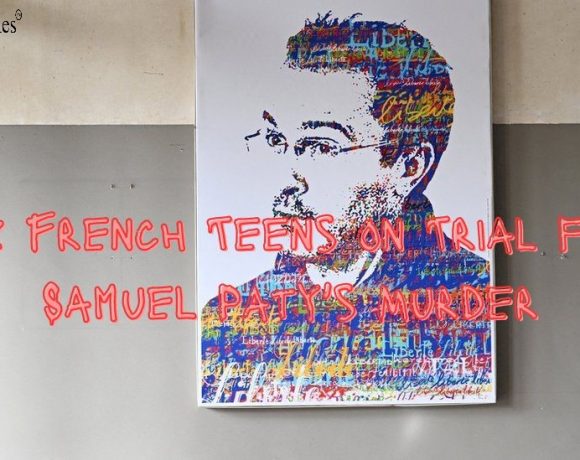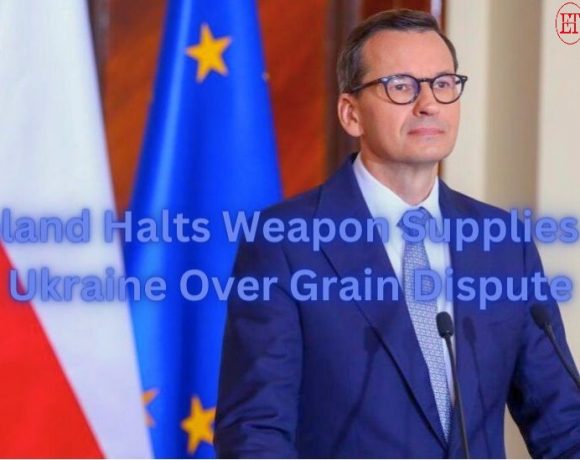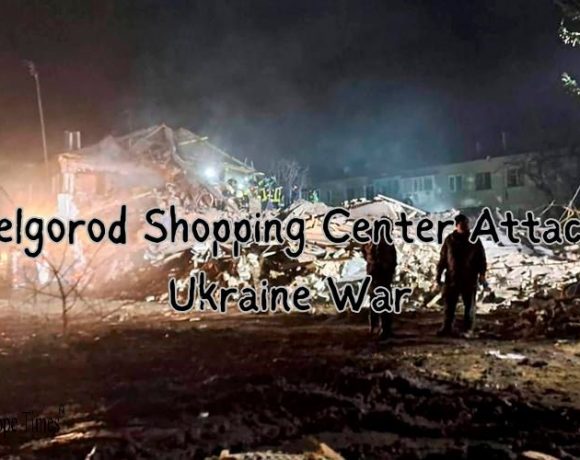
The governor of the Belgorod region reported that an air attack in the Russian city resulted in the deaths of at least five individuals and injuries to eighteen others. Videos on social media depicted ambulances outside a damaged shopping center with broken windows. Russian authorities stated that their air defense systems intercepted 14 Ukrainian missiles over the Belgorod region, with one missile striking a shopping center and another hitting a sports stadium.
Belgorod, situated approximately 30km from the Ukrainian border, has frequently been targeted by Ukrainian forces since Russia’s full-scale invasion of Ukraine began nearly two years ago. This recent attack follows a previous drone and rocket strike in December that claimed 25 lives and injured 100, marking the deadliest assault on Belgorod thus far.
In response to the ongoing conflict, Russia launched 26 missiles at Ukraine, resulting in the death of a woman in Chuguyiv and multiple injuries. Meanwhile, the battle for the eastern Ukrainian town of Avdiivka continues, with Ukrainian soldiers expressing concerns over shortages of weapons and ammunition.
NATO Secretary General Jens Stoltenberg cautioned that the US’s failure to approve continued military assistance to Ukraine is impacting the battlefield. Avdiivka holds strategic importance as a gateway to the Russian-controlled city of Donetsk and has been a focal point of conflict since the onset of the eastern Ukrainian conflict in 2014.
Picture Courtesy: Google/images are subject to copyright

